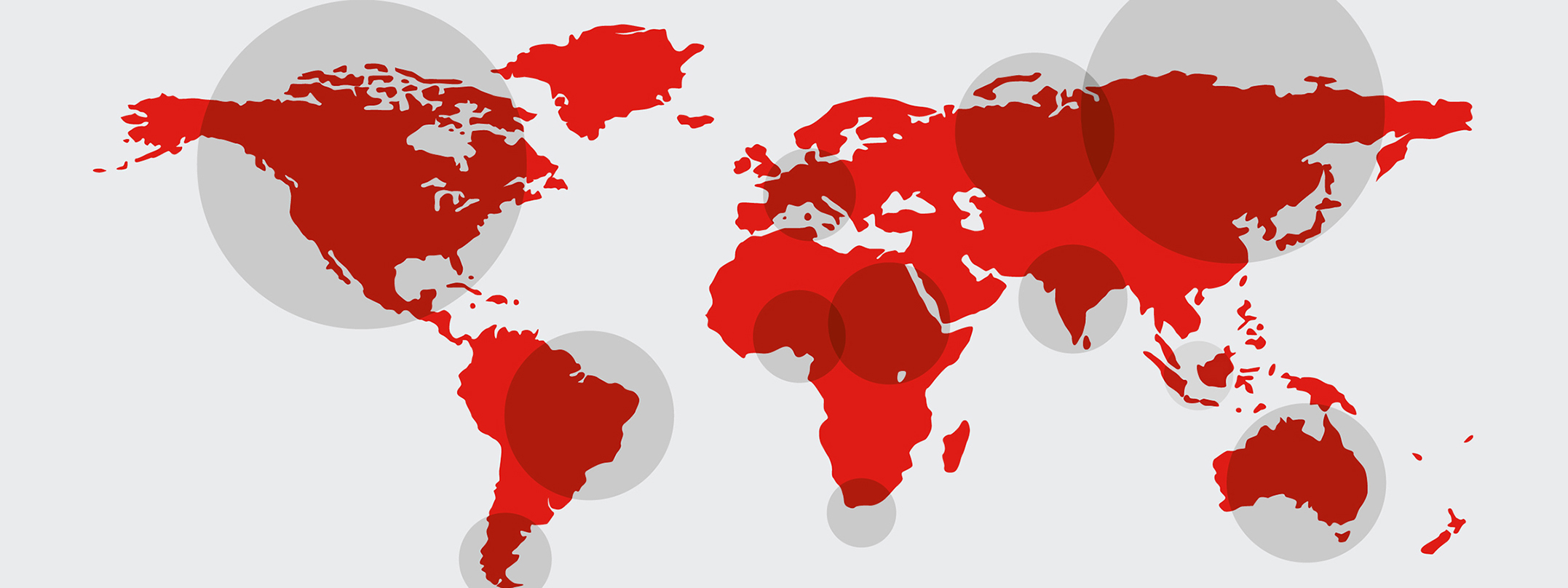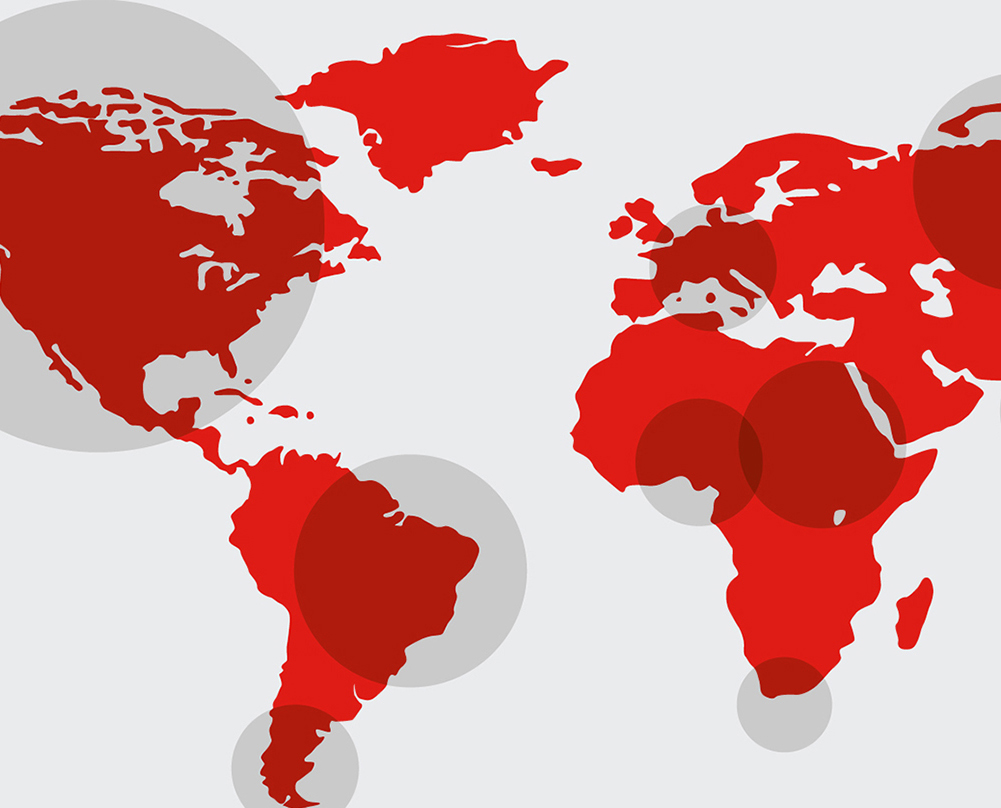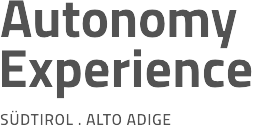Photo by Alexis Brown Omea on Unsplash
Workshops for Schools


Photo: Adobe Stock / Photographee.eu
Would you like to learn more about South Tyrol’s autonomy in short teaching units? Join us for interactive and informative workshops or our city walk through Bolzano/Bozen.
Workshops/Webinars
Autonomy and South Tyrol
Level of education:
high school
Type of activity:
Interactive workshops for classes on the basic knowledge of autonomy in South Tyrol, no preparation (in class) necessary.
Focus:
The interactive workshop conveys the principles of South Tyrol’s autonomy and invites the pupils to reflect about what autonomy means for their futures. In an introduction, a staff member from the Center for Autonomy Experience conveys the most important information on the Autonomy Statute of South Tyrol. Subsequently, the pupils discuss their own wishes and visions regarding their futures in South Tyrol. The proposals are presented and discussed in the plenum.
Referee:
Staff members of the Center for Autonomy Experience.
Required time:
9 am to 11 am (2 hours)
Place:
Eurac Research, Viale Druso, 1/Drususallee 1, 39100 Bolzano/Bozen, Italy
or as a Webinar
Application and further information:
schools@eurac.edu or info@autonomyexperience.org
Free of charge.
Language:
German, English
Level of education:
high school
Type of activity:
Interactive workshop for classes, focussing on the topic of autonomy, in class preparation (in consultation with the referee) is recommended.
Focus:
The interactive workshop conveys basic and specific knowledge on the topics: self-determination and autonomies in Europe in the past and present with special focus on the attainment and implementation of South Tyrol’s autonmy . Based on intense team work and an interactive teacher-centred approach, pupils analyse, together with historian Georg Grote, the historical, political, legal and social components of the independence movements in Europe as well as the national movements, which resulted in the existence of the present European states. The objective is, on the one hand, to enlighten South Tyrol’s example in the field of minority protection and autonomy in the context of European developments in the 20th century and, on the other, to awaken a lasting interest in the forming of South Tyrol’s dynamic autonomy.
Referee:
Georg Grote, Senior Researcher of the Institute for Minority Rights of Eurac Research
Required time:
9 am to 12 am (3 hours)
Place:
Eurac Research, Viale Druso, 1/Drususallee 1, 39100 Bolzano/Bozen, Italy
or as a Webinar
Application and further information:
schools@eurac.edu or info@autonomyexperience.org
Free of charge
Language:
German
Level of education:
3rd – 5th high school
Type of activity:
Interactive workshop for classes, focussing on the topic of history, 3-hour workshop with introductory lecture, group work, and concluding discussion.
Focus:
This module is a workshop on the Paris Peace Conference of 1946, the contexts of its creation, the political world situation after World War II and especially in the Alpine region. An essential part of the workshop is the detailed analysis of the original English document and the consequences of the agreement, from the Italian, Austrian and South Tyrolean perspective.
Referee:
Georg Grote, Senior Researcher of the Institute for Minority Rights of Eurac Research
Required time:
9 am to 12 am (3 hours)
Place:
Eurac Research, Viale Druso, 1/Drususallee 1, 39100 Bolzano/Bozen, Italy
or as a Webinar
Application and further information:
schools@eurac.edu or info@autonomyexperience.org
Free of charge
Language:
German or English
Level of education:
3rd – 5th high school
Type of activity:
History lesson, 3-hour event with break, in deliberately university lecture and discussion style.
Focus:
This lecture attempts to approach the controversial topic of the ‘tearing apart of Tyrol’ in 1918 from a multiple perspective and using numerous contemporary documents. In an introductory lecture (approx. 50 minutes), the historical context of the late 19th century will be established (taking into account the nationalism ideology, the economic and geopolitical factors of that era), then the situational context of South Tyrol will be analysed in small group work on the basis of contemporary original documents and then discussed in plenary.
Referee:
Georg Grote, Senior Researcher of the Institute for Minority Rights of Eurac Research
Required time:
9 am to 12 am (3 hours)
Place:
Eurac Research, Viale Druso, 1/Drususallee 1, 39100 Bolzano/Bozen, Italy
Application and further information:
schools@eurac.edu or info@autonomyexperience.org
Free of charge
Language:
German or English
Political Education and Science
Level of education:
3rd-5th high school
Type of activity:
Interactive workshop for classes; provides the basic knowledge on the Middle East conflict; no preparation in class needed.
Focus:
Only few regional conflicts shape international politics as much as the Arab-Israeli conflict. In this webinar we cover the history of Israel in the 20th and 21st centuries. A 30-minute introductory lecture will present the historical origins of Israel’s foundation, cover the numerous conflicts with neighbouring Arab states, but also look at the coexistence of Jews, Arabs and the other minorities in the country itself. Afterwards, students discuss the most important similarities and differences with South Tyrol. The observations are presented and discussed in plenary.
Referee:
Staff members of the Center for Autonomy Experience.
Required time:
9 am to 11 am (2 hours)
Place:
Eurac Research, Viale Druso, 1/Drususallee 1, 39100 Bolzano/Bozen, Italy
or as a Webinar
Application and further information:
schools@eurac.edu or info@autonomyexperience.org
Free of charge
Language:
German

Level of education:
4th-5th high and professional school
Type of activity:
Webinar for classes; provides the basic knowledge, factors, concepts, manifestations of fake news and hate speech, as well as actors who contribuite to alienation, polarisation and radicalisation; no preparation in class needed.
Focus:
How are fake news and radicalisation connected; and where is the line between freedom of expression and hate speech? Radicalisation tendencies in the South Tyrolean/Italian and Austrian context will be addressed and deradicalisation strategies will be discussed together with the participants. Particular attention is paid to the issue of gender-based radicalization and hate speech.
Referees:
Katharina Crepaz, Center for Autonomy Experience, and Mattia Zeba, Institute for Minority Rights, Eurac Research
Required time:
9 am to 11 am (2 hours)
Place:
Plattform Zoom
Application and further information:
schools@eurac.edu or info@autonomyexperience.org
Language:
German/Italian or German/English
Level of education:
3rd – 5th high school
Type of activity:
Presentation and interactive exercise
Focus:
According to the WHO’s definition, health is not merely the absence of disease, but a state of complete physical, mental, and social well-being. Essential for achieving this goal are the so-called social determinants of health, which refer to the conditions in which people are born, grow, live, work, and age. These conditions encompass financial resources, as well as work, education, environment, and personal factors such as various dimensions of diversity (including gender, migration background…) and the resulting experiences of discrimination.
The presentation provides an overview of the social determinants of health, their connection to the UN Sustainable Development Goals, and current challenges. Subsequently, together with the students, we will consider what changes are necessary to make our societies more diversity-sensitive, inclusive, equitable, and thus healthier.
Speaker:
Katharina Crepaz, Senior Researcher of the Center for Autonomy Experience
Required time:
1.5 hours
Place:
Eurac Research, Drususallee 1/Viale Druso 1, 39100 Bozen/Bolzano, Italy
Application and further information:
schools@eurac.edu or info@autonomyexperience.org
Free of charge
Language:
German, Italian, English
Level of education:
3rd – 5th grade upper secondary and vocational schools
Type of activity:
Interactive workshop for schools. No classroom preparation is necessary.
Focus:
In what ways is the story of the White Rose student movement against Nazism relevant today? This workshop introduces the history of the White Rose student movement, reviews current youth movements and discusses plans for a White Rose monument in Bolzano. Students will discuss the role of youth movements and resistance.
Speaker:
Josef Prackwieser, Center for Autonomy Experience and Alexandra Cosima Budabin, Institute for Minority Rights, Eurac Research
Required time:
on request, duration approximately 90 minutes (including discussion)
Place:
to be defined (at school or at Eurac Research)
Application and further information:
schools@eurac.edu or info@autonomyexperience.org
Free of charge.
Language:
German, Italian, English
City Walk

On our city walk through Bolzano we invite you to search for traces: Where is South Tyrolean autonomy hidden in everyday life and in the cityscape? Who can find the clues on the buildings, streets and signs that remind us how the Second Statute of Autonomy came about? Are there traces of lived autonomy in the provincial capital?
Starting at the Monument to Victory, we lead the school class through the city to the South Tyrolean Provincial Council. At important points we provide information about South Tyrol’s autonomy, the long road to the Second Statute of Autonomy, and what influence it has on our daily lives. In doing so, we ask the pupils not only to listen to us and engage in conversation with us, but also to find traces along our path and to locate them on a map.
On request, depending on time budget and availability, the city tour can also be booked together with a subsequent visit to the South Tyrolean Provincial Council.
We ask to prepare the topic in the classroom, very gladly with the help of our e-learning courses (see below).
Required Time:
approx. 2 hours. Combined with the visit to the Provincial Parliament, a total of approx. 3.5 hours must be planned.
Level of Education:
High and professional School of South Tyrol
Language:
German and Italian
Contact:
schools@eurac.edu or info@autonomyexperience.org
E-Learning Course
Students who want to improve their knowledge about the autonomy of South Tyrol? Our E-learning courses #forschools offer a good opportunity to do so.
Summer School on Human Rights, Minorities and Diversity Governance


Image: © Eurac Research / Oscar Diodoro
The Summer School on Human Rights, Minorities and Diversity Governance is organised annually by the Institute for Minority Rights of Eurac Research.
The two-week postgraduate programme welcomes an international audience: young researchers and academics, post-graduate students, civil servants from local, regional or national governments as well as employees of international organizations or NGOs. The Summer School follows an interactive approach and explores human rights, minority rights and diversity governance from an interdisciplinary and comparative perspective. It brings together scholars and practitioners and offers the participants the opportunity to broaden their knowledge through a wide range of lectures, workshops, role-plays, and study visits.
Winter School on Federalism and Governance


Image: © Eurac Research
The Winter School on Federalism and Governance is a common project of the Institute for Comparative Federalism of Eurac Research, the Faculty of Law and the Faculty of Social and Political Sciences of the University of Innsbruck, Austria.
The Winter School analyses the phenomena of federalism, regionalism and multi-level governance from legal and political science perspectives. Every edition pays attention to a specific topic, which is approached in detail by legal scholars, political scientists, and practitioners. The two-week postgraduate programme takes place one week in Innsbruck and one week in Bolzano. The Winter School is designed for those who wish to upgrade their knowledge on federalism through an interdisciplinary and comparative approach, including: researchers and academics; post-docs, postgraduate and graduate students; civil servants from local, regional or national government, employees of international organisations or NGOs.

